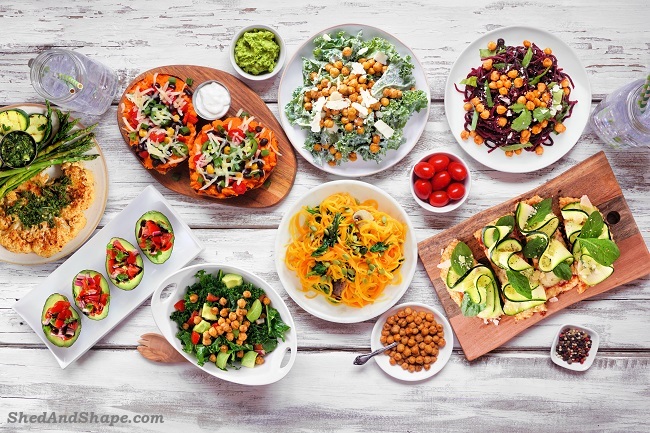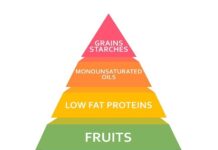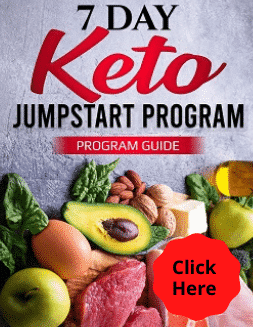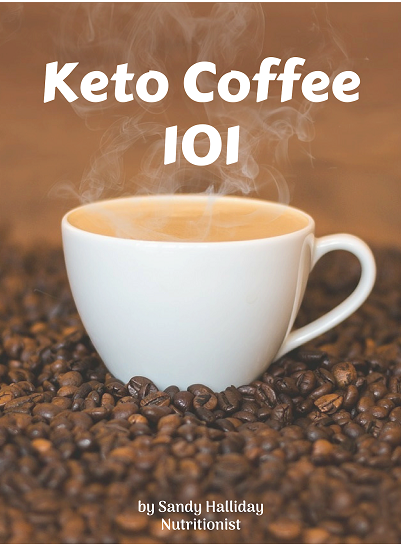
Many people equate a low carb diet to eating meat, fish and eggs, which is why many assume a low carb vegan diet is not doable. But this is far from the truth. In fact, there are many ways you can maintain a low carb diet while also sticking to a vegan diet.
With the right approach and discipline, you can adhere to a low carb vegan diet, which typically means excluding all animal products while also sticking to a low carb eating plan.
What is a Vegan Diet?
Also called a “plant-based” diet, the vegan diet is a way of eating that doesn’t include any animal products. Unlike vegetarians who eat eggs, dairy, and other animal products, those on a vegan diet will avoid any animal-based ingredients, including gelatin, which is derived from bones and hides.
Related reading: Plant Based Ketogenic Diet – Is It Possible?
Veganism is not just a diet but a lifestyle that aims to reduce animal exploitation and suffering as much as possible. Aside from not eating any animal-based products, vegans also avoid buying products tested on animals. They also avoid wearing clothes or shoes made from leather, fur, or any material derived from animals.
What’s a Low Carb Vegan Diet?
When you follow a low carb vegan diet, you will not only refrain from eating too many carbs but also have to avoid eating products derived from animals. Although potatoes, legumes, grains, and some fruits are vegan-friendly, these foods are high in carbs. Therefore, you must minimize your consumption of these foods if you follow a low carb vegan diet.
Eating a low carb vegan diet is not easy since you will not be consuming animal protein. Protein is an essential component in most low carb diets like keto. According to Jessica Cording, a New York-based RD and the author of The Little Book of Game-Changers,
“Technically, a low carb vegan diet is possible, but it takes a lot more planning and careful consideration than if someone was incorporating animal proteins.”
While it’s challenging to create a low carb eating plan that’s completely vegan, it is certainly possible to eat low carb while being a vegan.
There’s no strict definition of what a low carb diet is. However, a low carb diet should be one with less than 100 to 150 grams of carbs daily. Also, the number of carbs you are supposed to eat on a low carb diet will depend on the type of low carb diet you follow.
For instance, if you are following the ketogenic diet, you must limit your carb consumption to less than 50 grams each day. It might sound very restrictive, but a Plant-Based Keto Diet is also possible.
Why Follow a Low Carb Vegan Diet?
There are many reasons why people decide go vegan. It does come with some health benefits. However, most studies showing positive health outcomes have looked into vegan diets in general and not the low carb vegan diet.
Some of the health benefits of a vegan diet include lower risk of high blood pressure, type 2 diabetes and other heart issues. In fact, some studies have shown that it may also help reduce cancer risk.
Related reading: Keto Diet for Cancer: Is it Effective?
Low carb diets have also been found to have almost similar health benefits. Some of the top low carb health benefits include the following:
- Lowers Blood Pressure
- Controls Blood Sugar Level
- Weight Loss
- Cardiovascular Benefits
Related reading: How Does a Keto Diet Balance Blood Sugar?
Following both vegan and low carb means you can gain the health benefits from both diets.
Another benefit is that when you follow a low carb vegan diet, you will not have to think about cholesterol as much as you would if you follow a standard keto diet. According to Jessica Cording,
“One of the downsides of traditional keto is that if someone is eating too much red meat, it can reflect poorly in their cholesterol. With a plant-based approach, there is less risk of that.”
How To Follow a Low Carb Vegan Diet
It’s already hard enough to lower your carb consumption with the standard low carb diet, so it’s even harder if you go vegan. But the key is in choosing plant-based foods that can provide a healthy amount of fiber, proteins, and fats, without too many carbs.
Related reading: Health Benefits of Protein for Keto
Here are some of the best foods to eat for a low carb vegan diet:
• Asparagus
• Avocadoes
• Bell pepper
• Berries
• Cauliflower and broccoli
• Coconut products
• Cucumber
• Dark chocolate (not too much!)
• Eggplant and zucchini
• Grapefruit
• Green beans
• Herbs and spices
• Kale
• Leafy green vegetables
• Mock meats can be unhealthy!)
• Mushrooms
• Nut and seed butter
• Nut-based cheese
• Nuts and seeds
• Oils (not refined)
• Olives
• Soy milk
• Tofu and tempeh
• Tomatoes
• Vegan butter (not if it contains refined oils)
Beverages, such as filtered or good blottled water, tea, coffee, and club soda can also be a part of a vegan low carb diet.
Some plant-based foods with higher amount of carbs such as oats, quinoa, or apples can also be consumed but must be eaten in moderation. You can lean heavily on seeds and nuts, which are good sources of healthy fats, with some of them having enough fiber and protein.
Related reading: Best Nuts for Ketosis
Now that more and more people are going low carb while sticking to a plant-based diet, it should be easy to find delicious low-carb vegan recipes online. You can follow these recipes or experiment using the foods mentioned above.
Final Thoughts
There are many delicious and nutritious plant-based foods available that are low in carbs but high in fats and protein, so it is absolutely possible to follow a low carb vegan diet. However, it is not for everyone. The diet can be very restrictive for some people, especially if you follow the keto diet.
Health experts advise people against a low carb vegan diet if they have a history of an eating disorder. But even if you feel confident that you can pull off this type of diet and you are okay with the restrictions, it’s still recommended to work with a professional who can help figure out how to make this lifestyle work for you in the safest and healthiest way possible.









